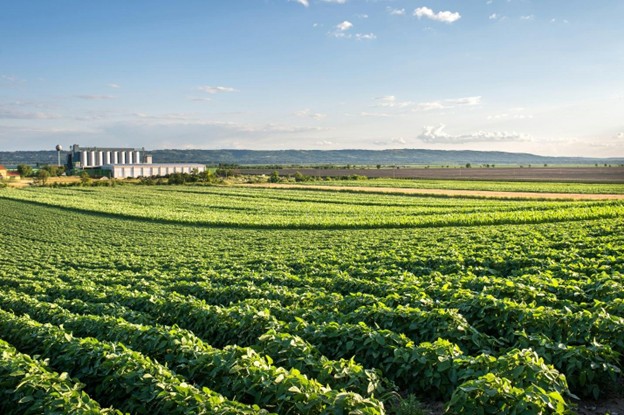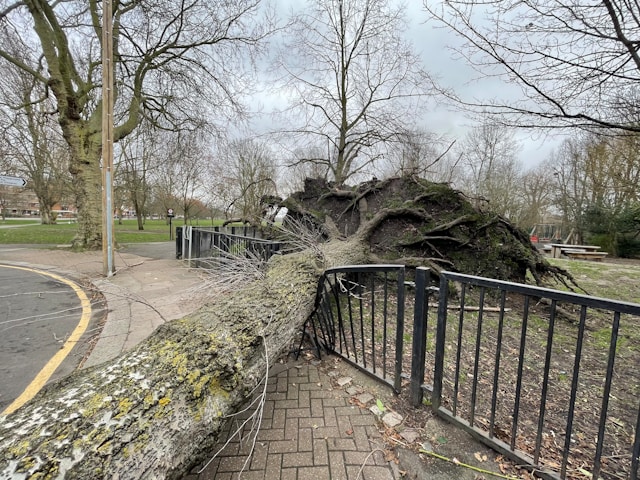
Advocacy, as a powerful tool for education and awareness, plays a crucial role in enlightening the world about the pressing plight of wildlife. With habitats vanishing, species going extinct, and ecosystems in jeopardy, advocacy serves as a catalyst for change by shedding light on these critical issues and rallying support for conservation efforts.
Using advocacy to educate the world about the current state of wildlife involves a multifaceted approach. It begins with gathering and disseminating accurate information on the challenges faced by various species and their habitats. Through compelling narratives, scientific research, and visual media, advocates effectively convey the urgency and severity of the situation.
Ian McAllister, a prominent figure in the global environmental movement, has dedicated his life to raising awareness about the precarious state of wildlife and endangered habitats. Through his passionate advocacy work forged from decades of field research and visual storytelling, McAllister continues to shed light on the urgent need for conservation and preserving our planet’s precious ecosystems. He delivers compelling narratives and profound insights which captivate audiences worldwide, inspiring them to take action and become stewards of the environment.
Advocacy entails engaging with diverse audiences, from policymakers and government officials to local communities and individuals. By organizing campaigns, events, and educational programs, advocates foster understanding, empathy, and a sense of responsibility towards wildlife. Additionally, advocacy aims to mobilize public support and influence decision-makers to implement policies and initiatives that prioritize wildlife conservation. By collaborating with indigenous communities, scientists, and conservationists, advocates provide evidence-based recommendations and advocate for legislation that protects vulnerable species and habitats.
A Voice for the Voiceless
Ian McAllister’s deep-rooted connection to nature and his extensive experience as a wildlife advocate have shaped his profound understanding of the challenges faced by wildlife today.
“We have a responsibility to protect and preserve the natural world,” says McAllister. “Wildlife cannot speak for itself, so it is up to us to be the voice that elevates the cause for conservation and continued action.”
The interconnectedness of species and their habitats underscores the delicate balance of ecosystems. Each organism plays a unique role in maintaining the health and function of the environment. When a species becomes endangered or extinct, it disrupts this ancient and delicate balance, leading to cascading effects on other species and the ecosystem as a whole. The loss of a single species can have far-reaching consequences, altering food webs and negatively impacting biodiversity in ways humans do not fully understand.
Advocacy emerges as a powerful force in addressing these imminent threats. By amplifying the voices of endangered species and emphasizing the value of their existence, advocacy brings attention to the urgent need for action. It inspires collective responsibility and fosters a sense of stewardship towards the natural world. Through advocacy, we can strive to protect endangered species, restore ecosystems, and secure a harmonious future for all living beings.
Conservation in Action
McAllister’s efforts extend beyond advocacy; he actively engages in conservation initiatives to make a tangible impact.
He notes, “Conservation is not a passive endeavor. It requires dedicated action and collaboration among various stakeholders.”
His work has played a pivotal role in protecting the Great Bear Rainforest in British Columbia, Canada—an area renowned for its incredible biodiversity. By documenting its ecological importance, McAllister has catalyzed efforts to safeguard this unique habitat. “Conservation is a collective responsibility, and it requires us to work hand in hand with local communities, indigenous groups, and policymakers,” he states.
Inspiring the Next Generation
Ian McAllister firmly believes in education’s power to inspire the younger generation to become environmental stewards.
“Children are our future. By igniting their curiosity and nurturing their love for nature, we are cultivating a generation that will prioritize conservation and create lasting change,” he says.
Through his captivating books, including “The Great Bear Rainforest” and “The Last Wild Wolves,” in addition to seven youth-oriented books, McAllister transports readers into the heart of the wilderness, enabling them to develop a profound connection to the natural world. The Great Bear Rainforest IMAX film he directed is largely seen by youth and school groups around the world, inspiring a new generation of advocates to become passionate about protecting threatened wildlife.
The Future of Wildlife Conservation Through Advocacy
Successful and sustainable wildlife conservation is only possible through the continued strength of advocacy, which has emerged as a critical driver in raising awareness, inspiring action, and shaping policies to protect and restore the world’s biodiversity.
As we navigate an increasingly interconnected and globalized world, the importance of advocacy in wildlife conservation cannot be overstated. Advocates play a pivotal role in bridging the gap between scientific research and public understanding, effectively translating complex issues into relatable narratives that resonate with diverse audiences. By sharing stories of endangered species, highlighting the intrinsic value of ecosystems, and showcasing the benefits of conservation, advocates can inspire a sense of awe, empathy, and urgency in people around the world.
About Ian McAllister
Ian McAllister, an esteemed conservationist, photographer, and filmmaker, has dedicated his life to protecting and preserving British Columbia’s delicate ecosystems. Through his powerful narratives, Mr. McAllister has brought attention to the challenges faced by wildlife and the urgent need for conservation. His work not only inspires us to appreciate the beauty of nature but also compels us to take an active role in preserving it.
With a profound understanding of wildlife and a particular focus on the Great Bear Rainforest, McAllister co-founded Pacific Wild, an organization committed to conservation and the promotion of sustainable living practices. Through his extensive research and fieldwork, McAllister has generated invaluable insights into the region’s biodiversity and the threats it faces. His scientific contributions have shed light on the fragility of British Columbia’s natural heritage, emphasizing the urgent need for action.






